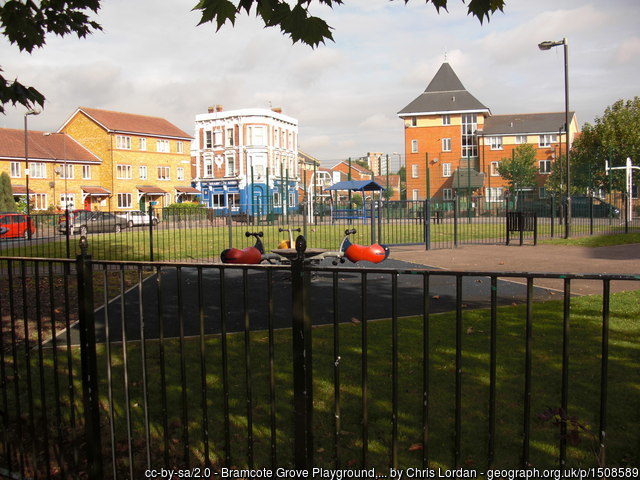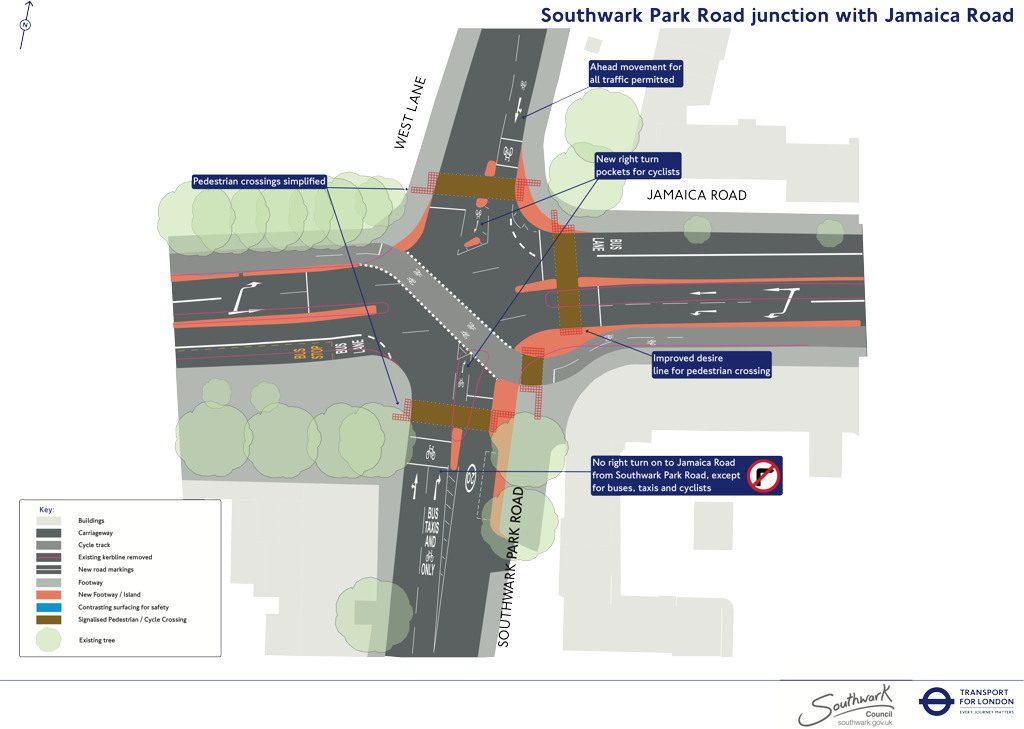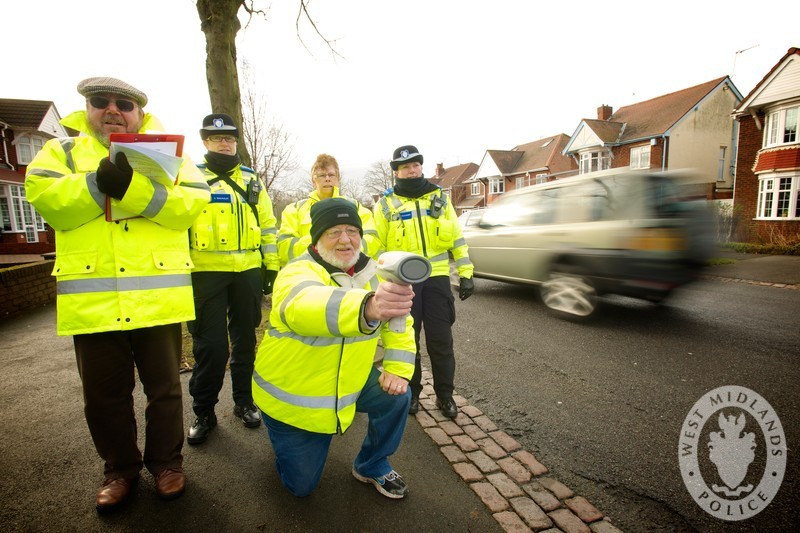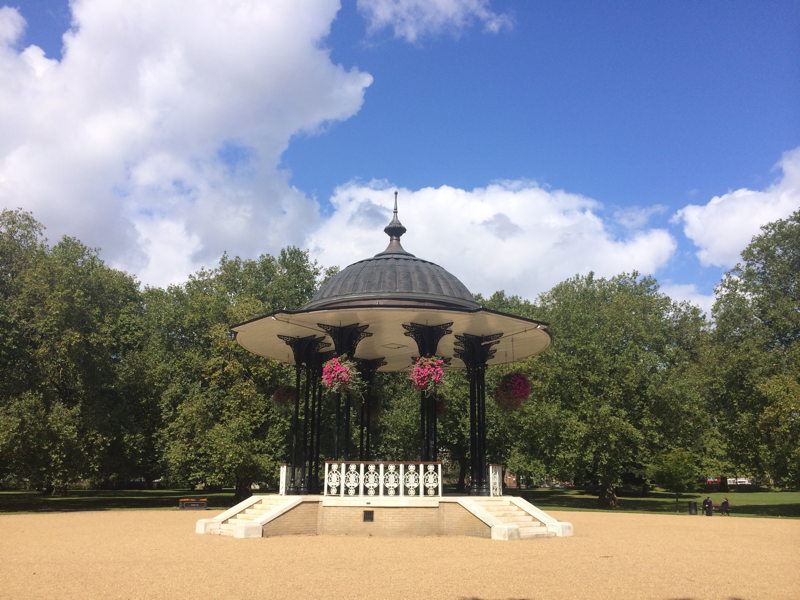The owners of Canary Wharf have criticised plans for a bridge across the Thames linking the Isle of Dogs with Rotherhithe.
Canary Wharf Group’s hostility to the scheme has been known for some time but is now a matter of public record thanks to the firm’s submission to the London Plan examination in public currently being held at City Hall
“We are concerned about the proposed walk and cycle river crossing between Rotherhithe and Canary Wharf,” says CWG in its written statement on transport schemes in London.
“This is a very expensive and environmentally intrusive scheme and we believe the significantly cheaper ferry proposal should be properly considered as a more viable and attractive (to users) proposition.
“With public finances heavily constrained, it is vital that investment in infrastructure is spent wisely on the most important, beneficial and deliverable initiatives.”
Last month Mayor of London Sadiq Khan said: “Transport for London (TfL) is continuing to develop the scheme, including aspects of design, construction and operation of this important new crossing.
“As part of this, TfL is engaging directly with a number of stakeholders, including the Port of London Authority, London boroughs, land owners and local community groups.
“This work is helping to develop greater detail on the scheme, which TfL will share as part of a formal public consultation, which is currently planned to launch in spring 2019.”
In its London Plan EIP submission, Canary Wharf also argues that greater capacity is needed on the Jubilee line in order to meet future demand.




